Armed Security & Your Place of Worship
Terry Nelson 04.25.19
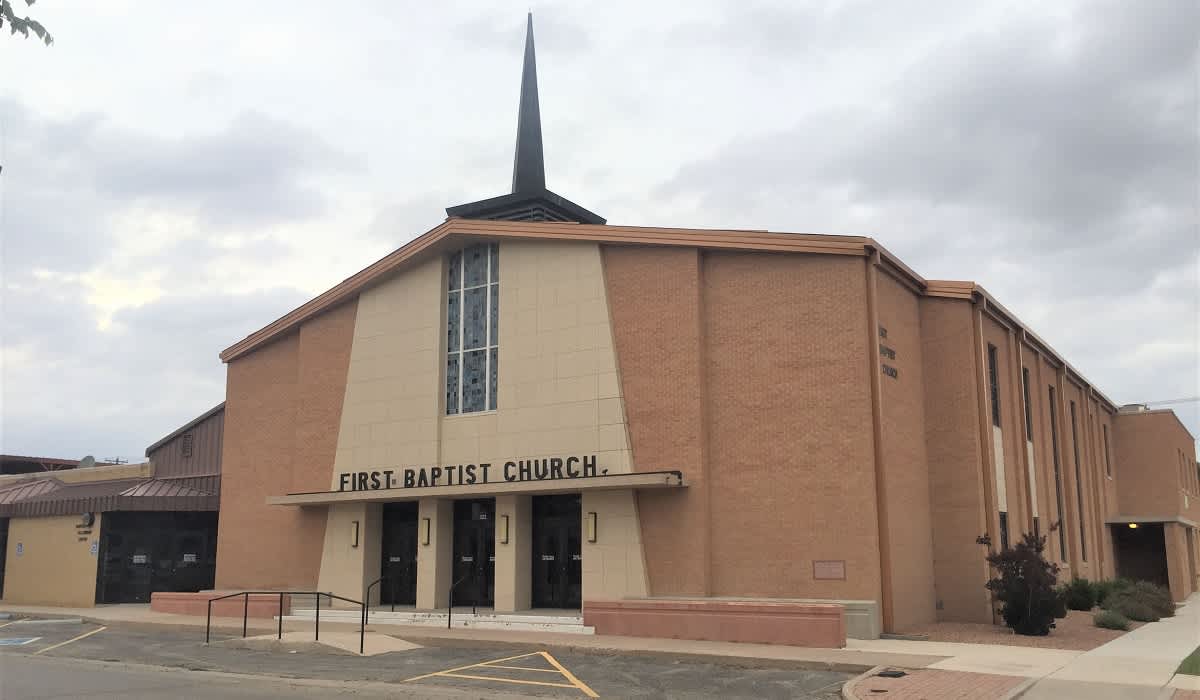
In the past week, both stateside and abroad, we have seen that churches are far from exempt from violence. In fact they’re often the focus of violence by criminals, mentally disturbed individuals, and terrorists. This past Easter weekend saw tragic bombings at three churches in Sri Lanka and a woman pointing a gun at her own child and attendees inside a San Diego church.
Does your church have a security plan? Should it? In short, yes.
For the past few years many trainers have been working with churches to help them develop a plan for protecting their worship services. Nationwide, more and more places of worship are paying attention and getting prepared for an eventuality they hope will never occur – The reality is that police most likely cannot reach you in time.
A wealth of information and resources are now available to assist churches in making the right choices and plans when it comes to security. Armed vs. unarmed are most likely the toughest questions. When I discuss the security topic with places of worship, I leave them with some key considerations.
Perhaps this overview will give you some thinking points for your own place of worship.
General considerations:
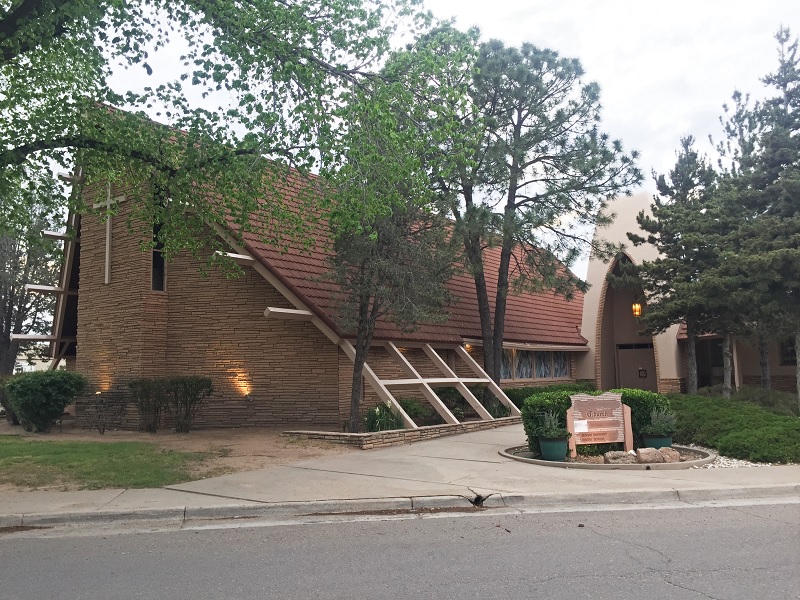
Avoidance or Escape
Always opt for avoiding an armed confrontation. If not, can you escape? Is it possible to evacuate all innocent persons without compromising their safety? Both of these choices are a better option than engaging in a gunfight. Controlling the entrance into the church during worship hours is a critical and necessary security measure. Being prepared to take decisive, aggressive action against an attacker if that’s what it takes to save lives is your final goal. Your security team needs to train to this level and be willing if the need arises. Being constantly aware of the environment around your church, and any anyone approaching that may not fit is critical as well. In other words, remain vigilant.
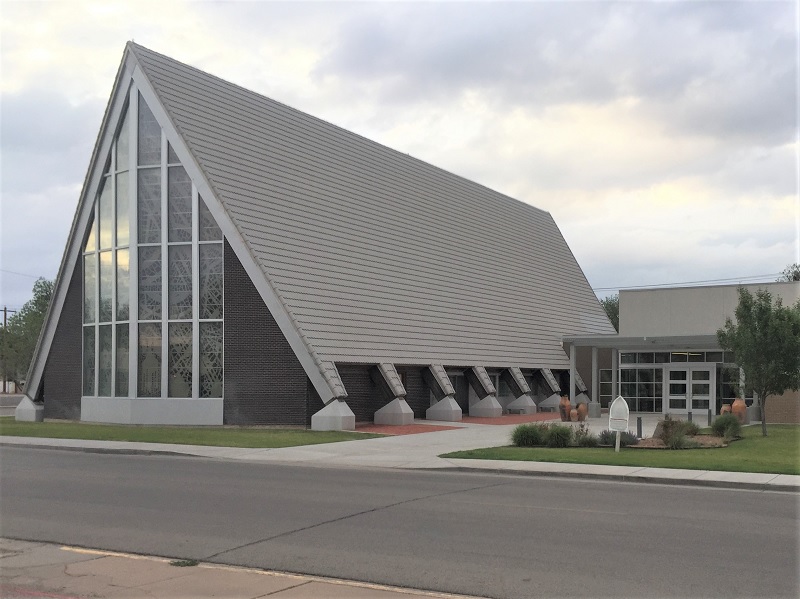
Emergency Medicine
Perhaps some of your security team wants to focus on other security measures than training to be armed. This doesn’t imply excluding armed team members from emergency medical, but others who choose not to be armed can get involved and be prepared to save lives this way. The Tactical Combat Causality Care model (TCCC) or last ditch medical as I like to call it, is an excellent example. The TCCC model is based on stopping major blood loss (tourniquet and quick clot use when necessary), dealing with penetrating chest wounds and airway issues, as well as some tactical considerations. Add CPR and AED use, and you have the basics for preventing or minimizing deaths in the case of an active shooter or other emergencies. Remember, in a major event like an active shooter, the responding officers have to be concerned with stopping and or locating threats first, not providing medical aid.
Use of Security Cameras
Many churches and businesses have security camera systems, but lack a critical element, someone to monitor them. While the camera system can provide valuable information as a silent witness when recording, your church should have a trained element of the security team focused on watching these surveillance systems during worship hours. Along with this goes the ability to communicate concerns to security team members that are mobile in and around the church.
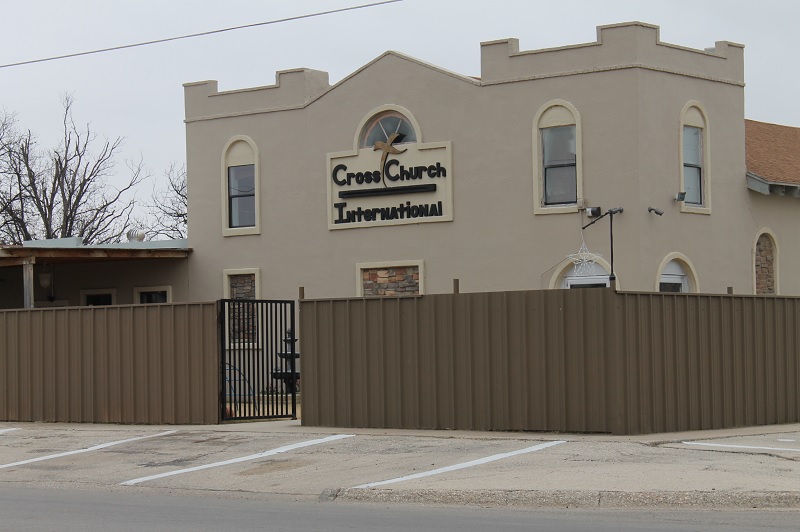
Options for Armed Security
- Employing off-duty law enforcement personnel
- Hiring a uniformed (or plainclothes) armed security service
- Developing your own in-house security program (especially a good option if your church has current or retired law enforcement officers already attending)
Mandate that all in-house armed security (unless they are current law enforcement or security) have a current, valid concealed carry license. This gives the church the ability to know that their recognized armed security members have passed a basic background check.
Marksmanship Fundamentals and Tactics
Train and then train some more. Concealed carry alone is not enough in my opinion. If you intend to be part of an organized church security team and intend on carrying, your shooting skills must be top-notch. Practicing basic gun manipulations such as drawing from concealment, reloading under stress, shooting from cover, shooting with movement, dim light shooting (carry a flashlight!), precision shots, and clearing malfunctions are all critical skill sets. Annual shooting standards for your armed team members should be mandated. Can they pass the state-recognized police pistol qualification (a good standard when you are unsure where to turn)? What if you need to move from one part of your church to another in the case of an active shooter? Tactical movement and not running past blind corners is important.
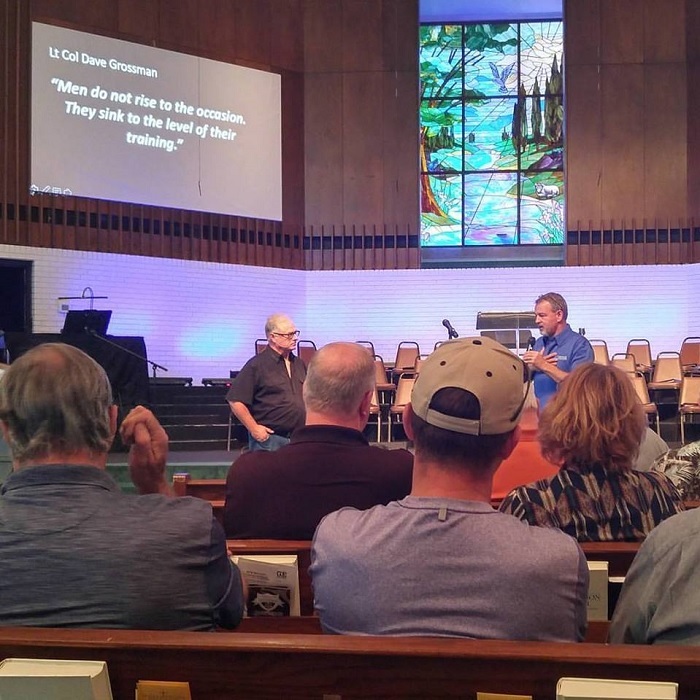
Concealment Options
A security team for a church or business is probably best served by keeping sidearms concealed. Can you conceal your chosen handgun and then efficiently access it in an immediate threat event? Is your concealment holster safe and secure from tampering by others? This skill set needs to be practiced and refined on a regular basis.
De-escalate Force When Appropriate
All armed security must understand that confrontations related to immediate use of deadly force is relatively rare. Intermediate use of force options may be a first option. Verbal skills are part of this. Have your team work with a good trainer who provides scenario-based training. When done with proper planning and good safety measures, it’s an excellent way of training for real situations.
Legal System
Don’t leave out training that addresses your local laws and concerns with civil liability. Always remember that law enforcement and other emergency services are on the way. Their response may be immediate or it may appear to take forever based on your location or availability of emergency personnel. When they arrive, someone on your team needs to be ready to communicate calmly with them and not with a gun in hand! Also understand when it’s in your best interest to remain silent. Do you have an attorney in your church that can help guide you along these lines?
All the aforementioned points are just a beginning and not all-inclusive. Work with your local resources to develop and maintain a strategy that’s right for your church. Remember, we all have a right to worship in safety and without fear of an attack from within or without. It’s not unreasonable to have a plan and practice it. Utilize any willing individuals in your church who already have a skill set in these areas. There is an old saying, “Only a fool confuses preparedness with paranoia.” I couldn’t agree more.

